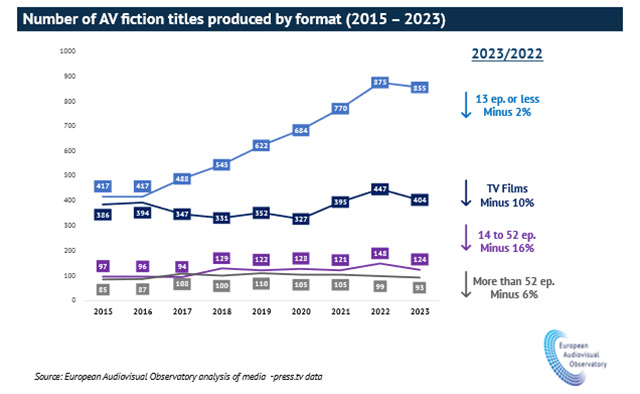World
On World Mental Health Day, WHO/Europe calls for urgent action to strengthen the mental health of the health and care workforce

Health and care workers are the backbone of our health- and social-care systems, yet many are subject to poor working conditions and substandard working environments that are negatively affecting their mental health and well-being. Action is urgently needed to tackle the factors contributing to poor workforce mental health, including measures to protect well-being as part of retention and recruitment policies.
Addressing the mental health crisis head-on
While working in the health-care sector can be inherently stressful, many health and care workers are dealing with unacceptable challenges to their mental health, resulting in high levels of anxiety, stress, burnout and moral injury. For health- and social-care systems and society, this can compromise the availability of workers, impact quality of care and patient safety, and lead to financial losses.
To address this, the Pan-European Mental Health Coalition held its thematic meeting “Helping the helpers: Current challenges and solutions to the mental health of the health and care workforce” in Helsinki, Finland, on 28 and 29 August 2024. Participants discussed approaches to fostering positive mental and physical health by improving work settings and conditions for increased job satisfaction and quality of life, which in turn facilitates retention and recruitment.
The Framework for Action on Health and Care Workforce in the WHO European Region 2023–2030 identifies the retention of health and care workers as one of its key pillars. It calls for improving working conditions, ensuring reasonable workloads, and reducing stigma and discrimination associated with mental ill health.
Calls to action on World Mental Health Day
On this year’s World Mental Health Day, under the theme “It is time to prioritize mental health in the workplace”, WHO/Europe recognizes that much still needs to be done to improve and protect the mental health of our health and care workers. Drawing on the discussions at the Coalition’s meeting in Helsinki, WHO/Europe now calls for the following:
- comprehensive and inclusive strategies that address systemic and structural factors affecting the mental health and well-being of health and care workers, targeting improvement of their working conditions, work–life balance, occupational safety and fair remuneration;
- better recognition and understanding of mental health conditions among health and care workers to reduce stigma around work-related mental health conditions;
- greater recognition of the diversity of the health and care workforce in regard to ethnicity, race, religion, age, residency status, disability and gender identity, and the adoption of inclusive policies to address their unique mental health challenges;
- the adoption of special measures to address the mental health of migrant and refugee health and care workers by ensuring fair remuneration and working conditions;
- better data collection and ongoing surveillance to establish robust systems for monitoring the work-related mental health conditions of health and care workers;
- implementation of normative legislative and policy frameworks to integrate the promotion of mental health at work and the prevention of work-related mental illnesses into national health systems;
- the strengthening of mental health support services available to health workers;
- the strengthening of a research and evidence base, in collaboration with academic and research partners, to ensure data-informed investment policies targeting work-related factors related to the mental health of health and care workers; and
- greater research into the effectiveness of innovative approaches such as digital tools and telemedicine for surveillance, and appropriate interventions to support the mental health of health and care workers.
A strong, collaborative commitment
WHO/Europe recognizes that the effective implementation of these measures will require concerted collaboration among many stakeholders at regional, national and local levels. Working with members of the Coalition as well as the Network of Human Resources for Health Focal Points and the Government Chief Nursing and Midwifery Officers (GCNMO) Hub, WHO/Europe reaffirms its commitment to promoting the positive mental health of health and care workers. Together, they aim to ensure that mental health is recognized as a policy priority, and to support actions by key stakeholders to advance the implementation of these calls to action.
This month, to better understand the mental health of doctors and nurses and the factors impacting it, WHO/Europe will launch the largest survey of its kind across 29 countries. The survey, funded by the European Commission under the project “Addressing mental health challenges in the European Union countries, Iceland and Norway”, will give policy-makers and hospital management a clear picture of the areas they need to focus on to improve health-care settings for current and future staff.










.jpeg?tr=w-1200%2Cfo-auto)